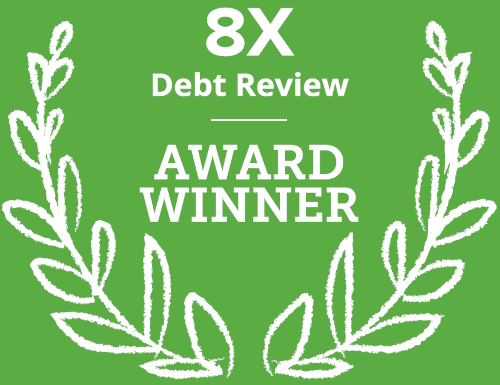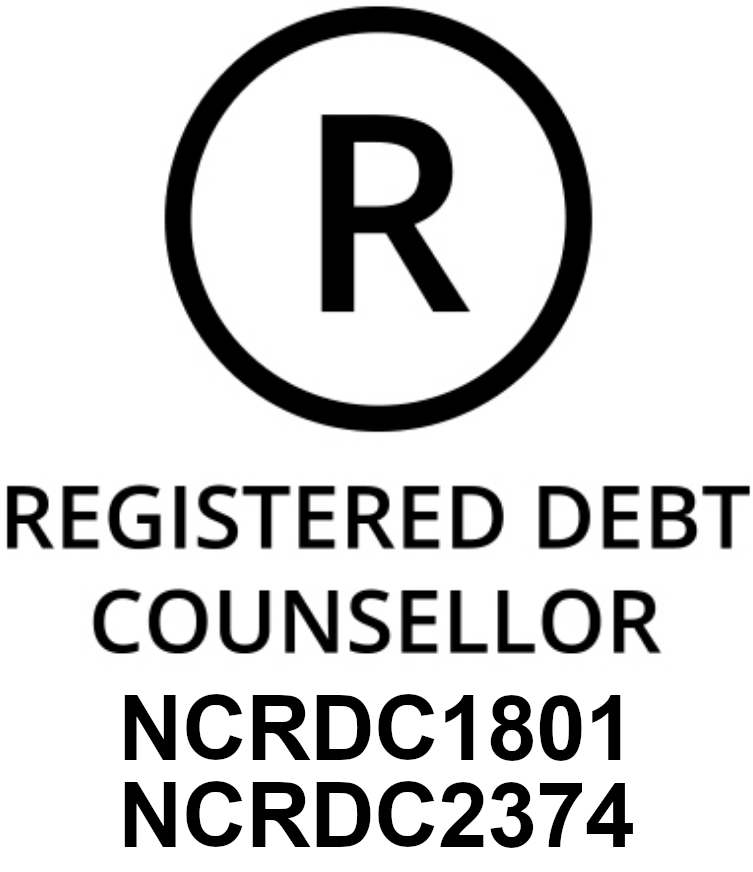South Africans have had it rough recently, with the dismissal of Finance Minister Pravin Gordon, the reshuffling of cabinet and Friday’s anti Zuma marches that occurred across the country.
Downgrade to junk status
To top it all off, we were met with the announcement, at the end of last week, that South Africa’s Long-Term Foreign- and Local-Currency Issuer Default Ratings (IDRs) has been downgraded to junk status by Fitch. This move was echoed by Standard and Poor earlier last week. They explained that, “The recent Cabinet reshuffle is likely to result in a change in the direction of economic policy.”
This suggests that foreign debt is not being managed or repaid effectively - the government has accumulated a substantial amount of foreign debt, and borrows almost monthly to pay off bills. The Rand dropped significantly immediately after the announcement.
Financial analysts have predicted that the Rand will continue to weaken. The downgrade to junk status could result in a number of consequences for South Africans, especially those who find themselves in significant personal debt.
The effect of the Rand weakening
The weakening of the Rand is likely to result in a hike in petrol prices. The rise in petrol prices is likely to result in a rise in food prices. People will have to adjust their budgets and cut down on luxuries. Those who are already struggling with debt repayments may need to look for appropriate debt management solutions.
Need debt counselling or consolidation?
Explore DebtBusters' solutions for reducing your interest rates and unlocking cash.
Find out moreInterest rate increases
The downgrade could also increase interest rates which means that it will now be more expensive to borrow money. Standard and Poor stated that they predicted a hike in interest rates regardless of whether South Africa was downgraded or not, stating that “ongoing tensions and the potential for further event risk could weigh on investor confidence and exchange rates.”
If interest rates increase and it becomes more expensive to borrow money, it means that it will be more difficult and expensive to pay back debt, and will inevitably put more pressure on the consumer. Those who are already struggling financially will be left in an even worse off financial position.





